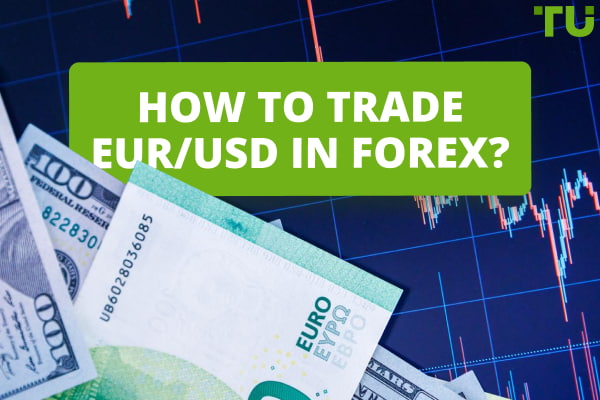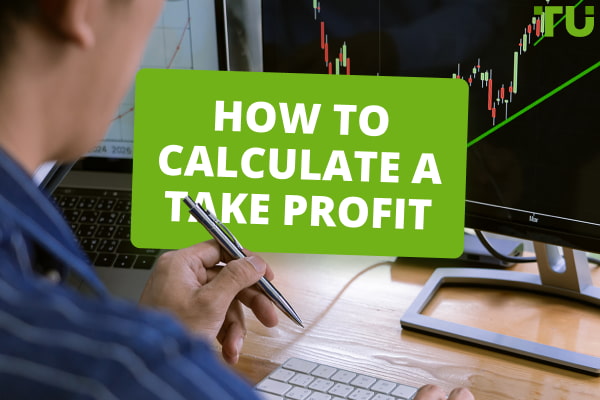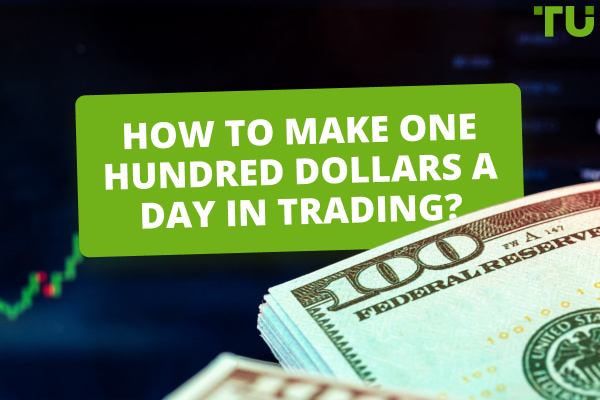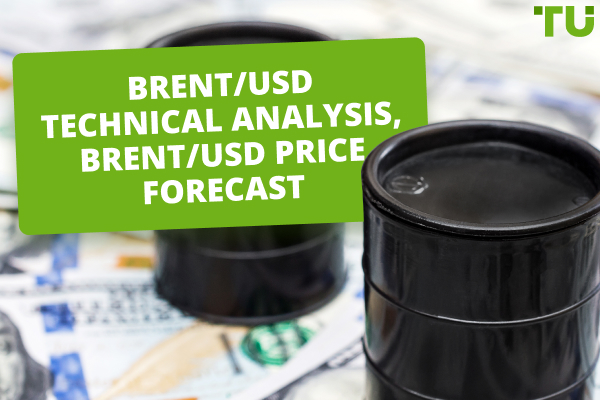Is scalping trading legal or illegal?
Scalping trading is legal in most countries, including the United States, United Kingdom, and Australia. However, it may be restricted or prohibited by some brokers or regulatory authorities, especially in certain regions or markets. Traders should check their local laws and regulations, as well as the policies of their brokers, before engaging in scalping or any other trading strategy.
In this article, the experts at TU will discuss the popular trading strategy known as scalping. Secondly, they will explore the reasons why some brokers do not allow scalping and the implications of such restrictions. Furthermore, they will list the best brokers without restrictions on trading strategies, including scalping.
What is scalping in trading?
Scalping is a trading strategy that involves buying and selling assets within a short time. It requires quick decision-making skills, market analysis, and risk-taking. The main differences between scalping and other trading systems are timeframe, frequency, profit margin, and risk management. Broadly, scalping is a high-risk, high-reward strategy that requires skill, experience, and discipline, and is not suitable for everyone.
Best Trading StrategiesIs scalping trading legal or illegal?
Legally, scalping is not restricted, but some brokers may impose restrictions on it due to the higher risk associated with the strategy. Specifically, some brokers may set limits on the number of trades a trader can make in a given day or a limit on the amount of time a position can be held for. In addition, some brokers may ban scalping altogether or may set restrictions on scalping.
Some countries have implemented legislature that restricts certain types of trading strategies, such as 'spoofing,' which is an illegal form of scalping. Spoofing involves placing a buy or sell order and then quickly canceling it in an attempt to manipulate the market. The majority of countries have laws in place to prevent this kind of market manipulation.
Why do some brokers not allow scalping?
Scalping can be a profitable trading strategy, but some brokers choose to prohibit or limit it due to a few reasons. Firstly, high-frequency trading, which is a crucial aspect of scalping, can put a significant strain on a broker's server. This is because it generates a large volume of trades and orders, which can increase the load on the server, causing slow speeds or even outages. As a result, some brokers may choose to limit scalping to protect their trading platform's stability and ensure the smooth operation of the system.
Another reason why some brokers do not allow scalping is that it may not be profitable for them, particularly for brokers who operate on a B-Book scheme. In such a scheme, the broker takes the opposite position of their clients, which means they make a profit when their clients lose money. However, scalping can be a more profitable trading strategy for clients, as it involves a high frequency of opening deals that can generate significant profits, even if the margins are small. Therefore, some brokers may prohibit or restrict scalping to minimize the impact of potentially profitable strategies on their bottom line.
Learn the best Brokers for scalpingThe broker prohibits scalping: what does it mean?
If a broker prohibits scalping, it means that they have set restrictions on the use of this trading strategy on their platform. This can be due to several reasons, including the broker's technical capabilities and business model.
Firstly, a broker that prohibits scalping may have poor technical equipment, which can lead to increased server load and impact the quality of execution of transactions. Scalping involves a high frequency of trades and orders, which can generate a significant volume of data and increase the load on the broker's server. This can cause slow execution speeds, requotes, and other issues that can negatively affect the trader's experience on the platform.
Secondly, the broker may not benefit from the trader's profitability, which suggests that they are not acting as an intermediary between the trader and the market. Instead, they may be operating as a "kitchen" or counterparty to the trader's transactions, meaning that they make a profit when the trader loses money. In this case, scalping may not be profitable for the broker, especially when the traders stay profitable. This leads brokers into disincentivizing scalping.
Best 1 Minute Scalping Strategies for beginnerHow to find out if a broker prohibits scalping?
To determine if a broker prohibits scalping, traders can check the broker's trading conditions or offers. Brokers usually state their policies on scalping in fine print, which is readily available on their website or trading platform.
When reviewing a broker's scalping policy, traders should look for possible restrictions that can affect their trading strategy. These restrictions may include the minimum time for a trade to be held in the market, the minimum stop length, or limitations on the use of scalping advisors.
For example, some brokers may require traders to hold a position for a certain amount of time, such as 1-2 minutes, before closing it. This can impact the effectiveness of a scalping strategy, as scalpers aim to make quick profits from short-term trades. Similarly, brokers may impose a minimum stop length, which means that traders cannot place stop-loss orders below a certain level, which can limit the flexibility of the strategy.
Best brokers no restrictions on trading strategies


Summary
In summary, scalping is a type of trading strategy that involves making a high volume of trades with the aim of profiting from small price movements. While scalping is legal in all countries, some brokers may restrict its use on their platform due to technical and business considerations.
Brokers that prohibit scalping may have poor technical equipment that cannot handle the high frequency of trades and orders involved in the strategy. Additionally, brokers that operate as a "kitchen" or counterparty to the trader's transactions may not benefit from the high frequency of small trades that scalping involves. This can make scalping less profitable for the broker, which can lead to restrictions on the trading strategy.
FAQ
Is scalping allowed in Forex?
Yes, scalping is allowed in Forex, and it is a popular trading strategy among traders who aim to profit from small price movements in the market.
Why do some brokers not allow scalping?
Some brokers do not allow scalping because it can put a high load on their servers and affect the quality of execution of transactions. Additionally, some brokers may not benefit from the high frequency of small trades that scalping involves, making it less profitable for them.
Is scalping easier than trading?
Scalping is not necessarily easier than trading, as it requires quick decision-making, discipline, and risk management. Successful scalping also requires a high level of skill and experience in reading market movements and identifying profitable opportunities.
How much money can you make scalping?
The amount of money that can be made through scalping depends on various factors, such as the size of the trading account, the chosen currency pair, and the market conditions. Generally, scalpers aim to make small profits from each trade, which can add up to a significant amount over time.
Glossary for novice traders
-
1
Broker
A broker is a legal entity or individual that performs as an intermediary when making trades in the financial markets. Private investors cannot trade without a broker, since only brokers can execute trades on the exchanges.
-
2
Scalping
Scalping in trading is a strategy where traders aim to make quick, small profits by executing numerous short-term trades within seconds or minutes, capitalizing on minor price fluctuations.
-
3
Trading
Trading involves the act of buying and selling financial assets like stocks, currencies, or commodities with the intention of profiting from market price fluctuations. Traders employ various strategies, analysis techniques, and risk management practices to make informed decisions and optimize their chances of success in the financial markets.
-
4
Index
Index in trading is the measure of the performance of a group of stocks, which can include the assets and securities in it.
-
5
Risk Management
Risk management is a risk management model that involves controlling potential losses while maximizing profits. The main risk management tools are stop loss, take profit, calculation of position volume taking into account leverage and pip value.
Team that worked on the article
Oleg Tkachenko is an economic analyst and risk manager having more than 14 years of experience in working with systemically important banks, investment companies, and analytical platforms. He has been a Traders Union analyst since 2018. His primary specialties are analysis and prediction of price tendencies in the Forex, stock, commodity, and cryptocurrency markets, as well as the development of trading strategies and individual risk management systems. He also analyzes nonstandard investing markets and studies trading psychology.
Olga Shendetskaya has been a part of the Traders Union team as an author, editor and proofreader since 2017. Since 2020, Shendetskaya has been the assistant chief editor of the website of Traders Union, an international association of traders. She has over 10 years of experience of working with economic and financial texts. In the period of 2017-2020, Olga has worked as a journalist and editor of laftNews news agency, economic and financial news sections. At the moment, Olga is a part of the team of top industry experts involved in creation of educational articles in finance and investment, overseeing their writing and publication on the Traders Union website.








